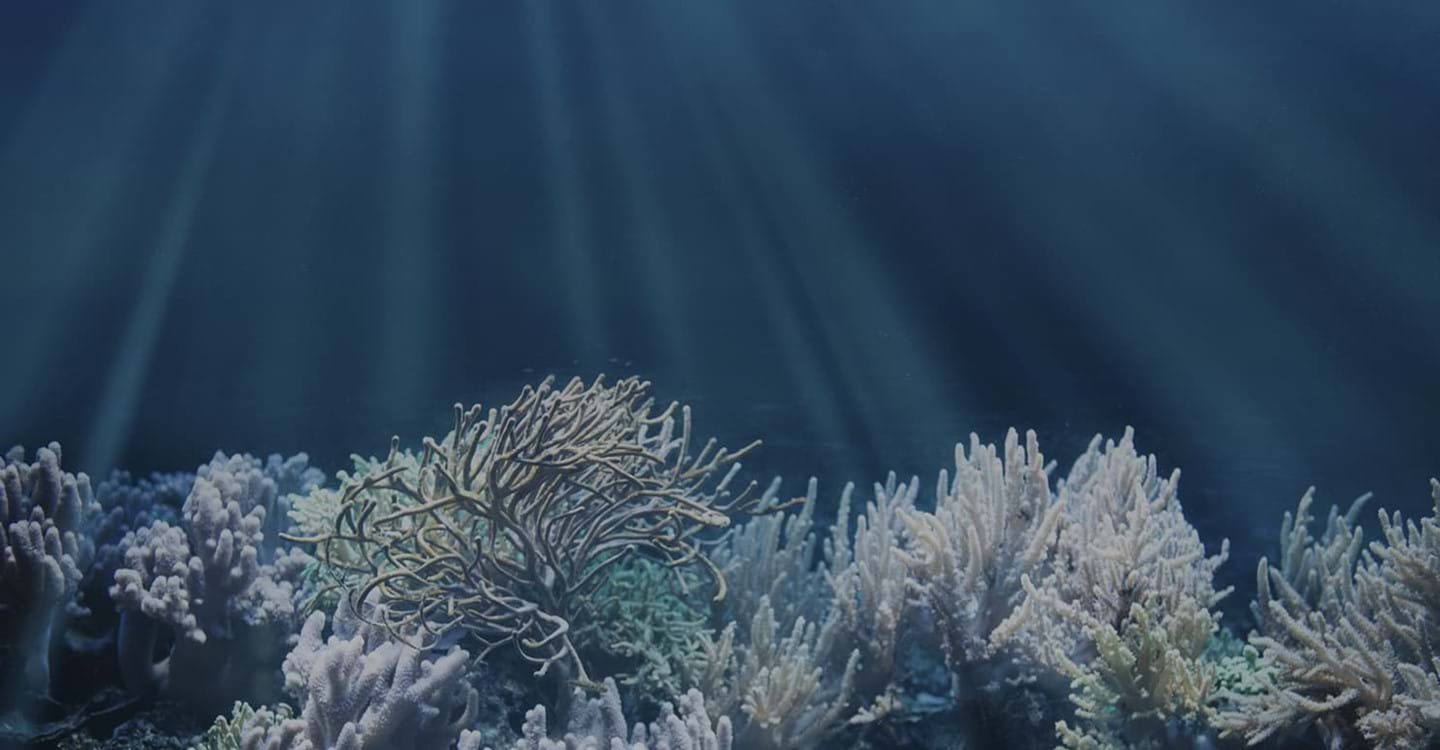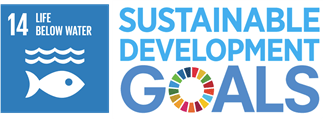
Save the oceans
The spread of invasive species is now recognized as one of the greatest threats to the ecological and the economic well-being of the planet.
Since the introduction of steel-hulled vessels, sea water has been used as ballast to stabilize them. Ballast water is therefore essential for safe and efficient ship operations.
However, in ballast water we find a multitude of marine species, including bacteria, microbes, small invertebrates, eggs, cysts and larvae of various species. The species carried in ships’ ballast water may survive to establish a reproductive population in the host environment, becoming invasive, out-competing native species and multiplying into pest proportions causing serious ecological, economic and health problems.
The problem is largely due to the expanded trade and traffic volume over the last few decades. The spread of invasive species is now recognized as one of the greatest threats to the ecological and the economic well-being of the planet.
AN INTERNATIONAL CHALLENGE
International Maritime Organization (IMO) has been at the front of the international effort by taking the lead in addressing the transfer of invasive aquatic species through shipping.
The Ballast Water Management (BWM) Convention was adopted by consensus at a Diplomatic Conference held at IMO Headquarters in London on 13 February 2004.
The D2 standard under the Ballast Water Management Convention (BWMC) officially came into full effect on September 8, 2024, marking a critical milestone for the maritime industry. This enforcement requires all ships to meet the D2 standard, which regulates the discharge of ballast water to minimize the spread of invasive aquatic species.
The transition from the D1 standard (ballast water exchange) to D2 (ballast water treatment) ensures that ballast water discharged into the ocean meets strict biological standards, reducing ecological harm. All vessels, whether newly built or retrofitted, must have a type-approved Ballast Water Management System (BWMS) installed to comply with these regulations.
The D2 standard aims to safeguard marine ecosystems by significantly limiting the number of viable organisms in ballast water discharge. This shift highlights the IMO's commitment to protecting global marine biodiversity and supporting sustainable shipping practices.
Bawat has a D2 type-approved BWMS, designed to help shipowners, yard owners and ports meet these critical requirements.
Bawat’s Sustainable Development Goals
Furthermore the UN's Sustainable Development Goals were adopted by the world's heads of state and government at the UN summit in New York on 25 September 2015. They marked an unprecedentedly ambitious and transformative development agenda. The goals came into force on 1 January 2016 and by 2030 will set us on a course towards more sustainable development for both humans and the planet. The UN's World Goals consist of 17 goals and 169 sub-goals and are to date the most ambitious and global development agenda.
For Bawat, the UN's World Goals are a natural extension of our fundamental purpose. Bawat wants to take their part in developing a sustainable agenda to keep our planet safe for future generations.
Especially Goal 14: LIFE BELOW WATER - Protecting the sea and oceans from ballast water from ships is the foundation of Bawat all the way back in 2011.
Our aim with creating a ballast water management system was to preserve the biodiversity and make sure that invasive species are kept away from oceans and seas when vessels travel between destinations and enter harbours. Furthermore we want to do this in the most sustainable way by using waste heat from vessels' engines.

